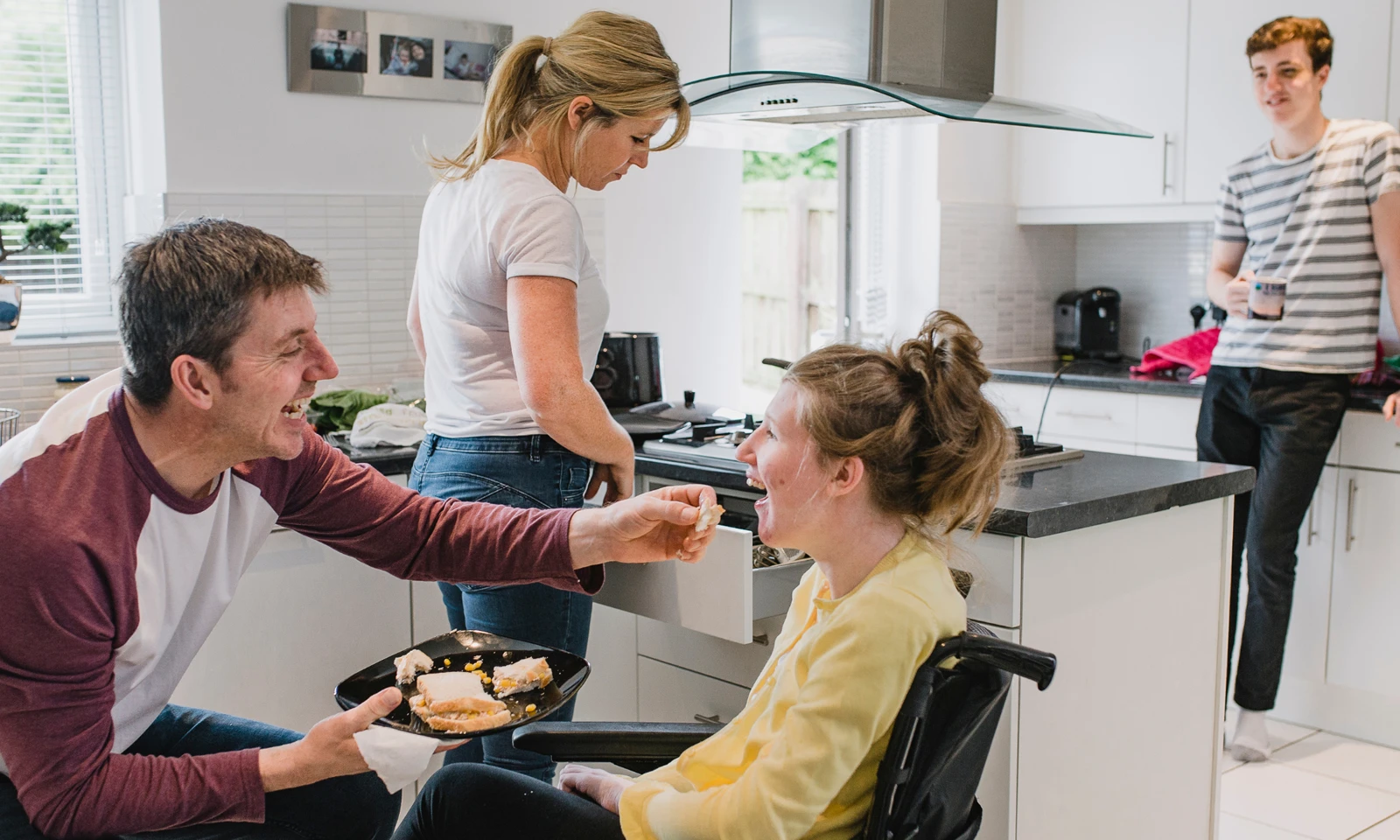Daily Tasks and Shared Living Arrangement
Our Support Services
Have Question?
Contact us to empower your life’s journey with the best assistance. Feel free to reach out to us.

Assistance with Daily Life Tasks in a Group or Shared Living Arrangement
We can assist or supervise our clients with day-to-day tasks so that they can live as independently as possible. Our assistance is tailored to each participant’s individual living situation. This could involve members living in a household, cluster units, or in a host family arrangement. This activity takes place in a group living arrangement, which might be either ongoing or temporary. Shared living arrangements are ideal for NDIS participants who do not enjoy living alone and prefer the company and companionship of their housemates. Shared living situations provide individuals with an excellent opportunity to improve their social skills by meeting and befriending new people, as well as learning how to help one another live independently.
Typically, the arrangement will include a living unit in which two or more people with similar requirements live together. In addition to receiving assistance from outside organisations, residents assist one another in completing everyday activities and sharing costs, forming long-lasting friendships in the process.
Examples of Daily Tasks and Shared Living Arrangement Support:
As a registered NDIS provider, Prestige Community Care Services is dedicated to providing high-quality support services to NDIS participants. Below are a few examples of how we can assist you with everyday duties and shared living arrangement support:
- Assistance with cooking and meal preparation, such as meal planning, grocery shopping, and food preparation.
- Help with cleaning, such as dusting, vacuuming, and dishwashing.
- Assist with laundry, including washing, drying, and folding clothing.
- Help with domestic chores such as changing light bulbs, bringing out the trash, and completing routine maintenance activities.
- Help with financial management, such as budgeting and bill payment.
- Help with medication management, including reminders and administration.
- Assistance with personal hygiene, such as bathing, grooming, and dressing.
- Assist with transportation, including organising rides and accompanying participants to appointments or social gatherings.
- Help with communication, such as using assistive technology or interacting with others.
- Assist with social and recreational activities, including hobbies, interests, and social relationships.